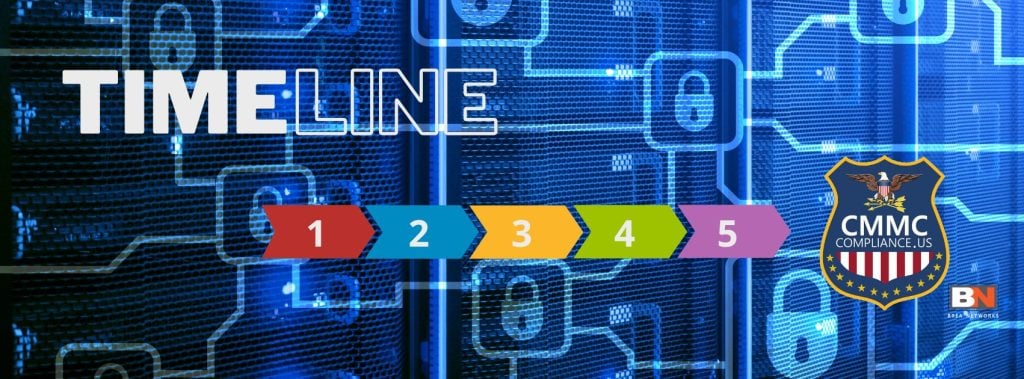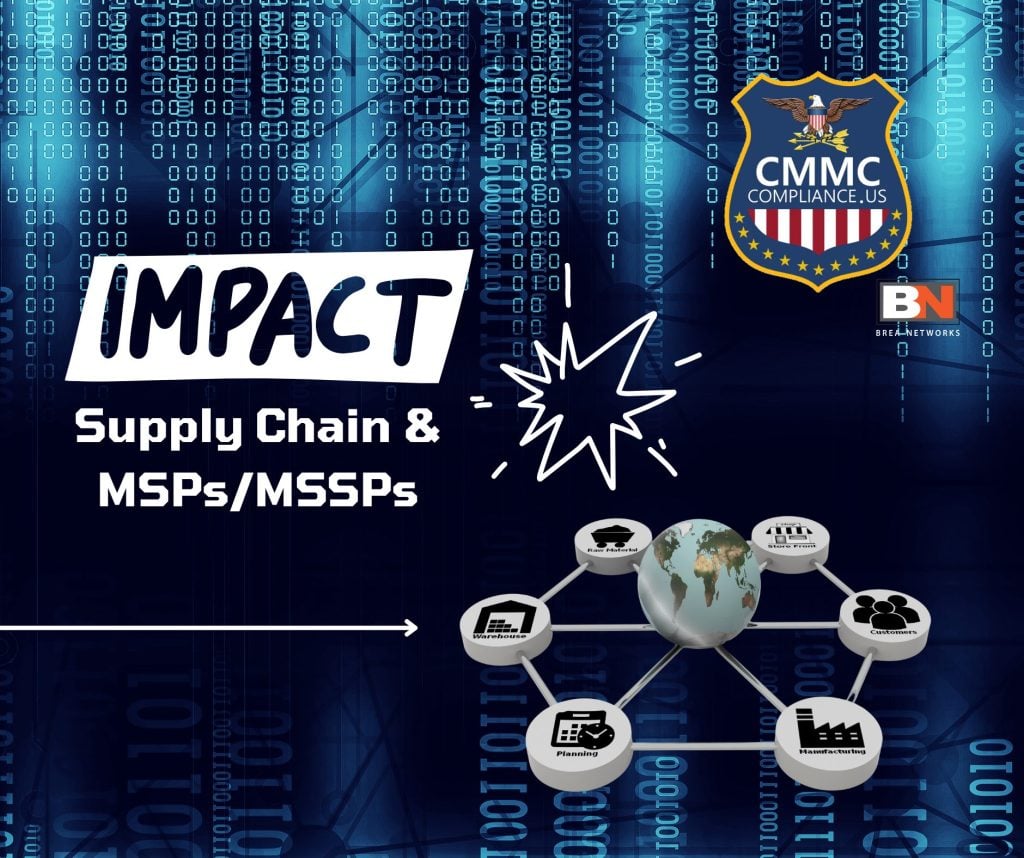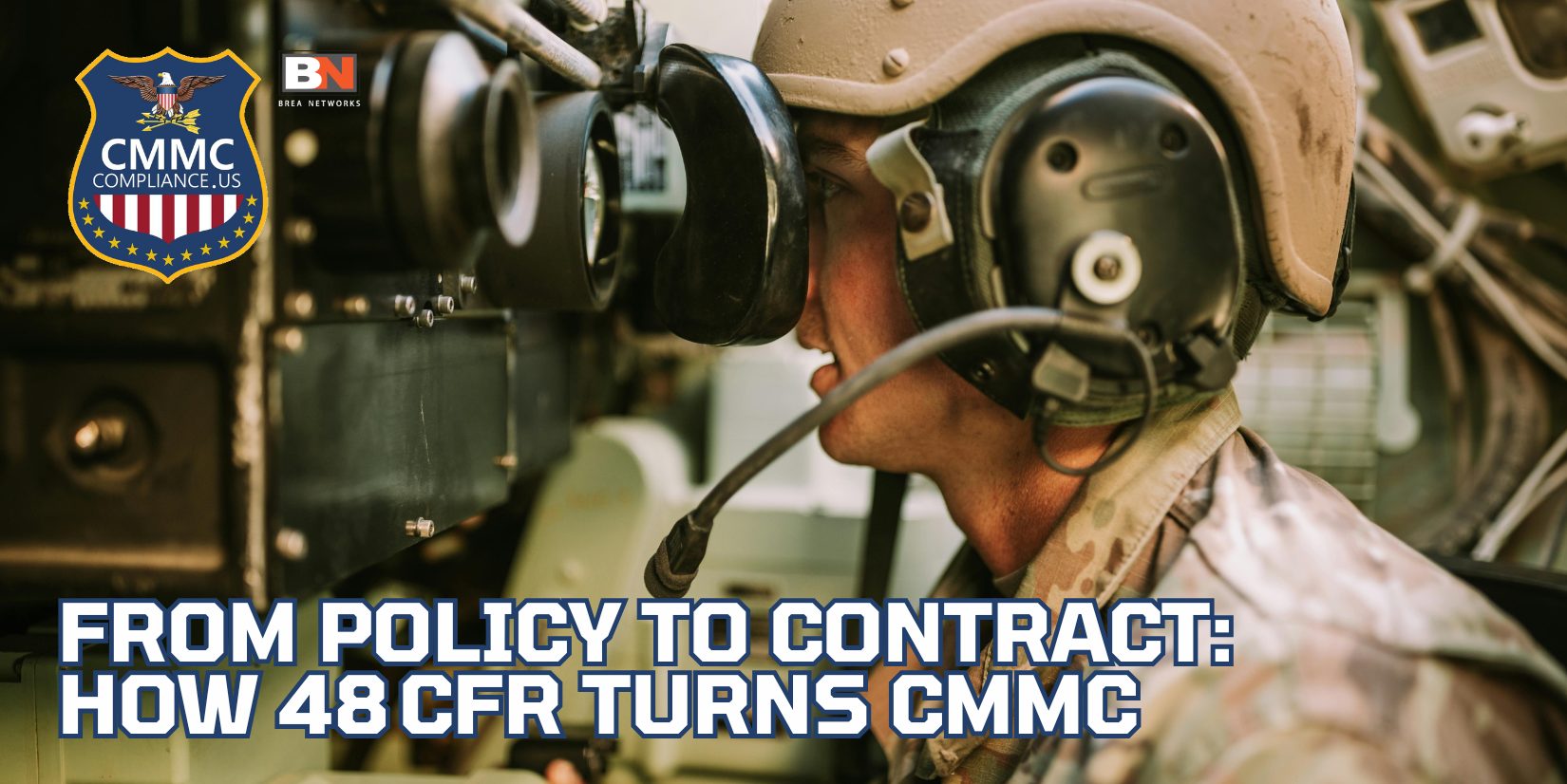The Cybersecurity Maturity Model Certification (CMMC) has long been seen as a future must-have for defense contractors, but that future is now here. CMMC’s transition from regulatory guidance under 32 CFR to a binding, contract-enforceable requirement under 48 CFR (specifically through DFARS) marks a profound shift. Now, DoD contractors must treat CMMC as a contractually mandated obligation, not just an aspirational goal. This Blog explains that transition, the regulatory background, key DFARS clauses, phase-in timeline, contractor responsibilities, subcontractor impacts, and strategic risks.
Regulatory Foundation: 32 CFR vs 48 CFR
The details of CMMC—levels https://cmmccompliance.us/compliance/cmmc-levels-1-3/ , assessments, structure—were defined in 32 CFR Part 170. However, 32 CFR alone did not force contracting officers to include CMMC in contracts nor provide enforcement through contract awards. That changed with 48 CFR (especially DFARS), which governs federal acquisition regulation, contract rules, and makes regulatory requirements into enforceable contract obligations.
Key 48 CFR / DFARS Provisions for CMMC
Several sections of 48 CFR https://www.ecfr.gov/current/title-48 now drive the enforcement of CMMC in DoD contracts:
- 48 CFR §204.7500: Introduces policy/procedures for including CMMC in contracts, clarifying this does not override other cybersecurity standards.
- 48 CFR §204.7501: Directs contracting officers to include required CMMC levels if specified; contractors must have valid certification at award and throughout contract duration, with no option periods or extensions unless certified.
- 48 CFR §204.7503: Sets deadlines for mandatory clause use—until Sept 30, 2025, the DFARS clause can be used; from Nov. 10, 2025, it must be included in all pertinent contracts.
- DFARS 252.204‑7021: The contract clause binding contractors to CMMC, including scope, required current certification, and flow-down to subcontractors (except for COTS).
Once this clause is in a contract, CMMC compliance https://cmmccompliance.us/ is no longer optional; it’s a legal, contractually enforceable requirement.

Timeline & Phase-In of Enforcement
The regulatory rollout is phased over several years:
- Publication Date: Final rule was published Sept 10, 2025; becomes effective Nov 10, 2025.
- Phase 1 (Nov 2025–Nov 2026): CMMC self-assessments required for many contracts (Levels 1 and 2); some may need third-party assessments.
- Phase 2 (From Nov 2026): More contracts require actual (third-party) certification.
- Phase 3 (Nov 2027): Expand to broader Level 3 enforcement and more rigorous requirements.
- Phase 4 (Nov 2028): CMMC is standard in all DoD solicitations/contracts with applicable levels.
- Interim Period (before Nov 2025): Some CMMC requirements used if approved. Primes and contractors are already preparing for mandatory flow-downs now.
Contracting officers can still require higher CMMC rigor at their discretion, even before full implementation.
Contractor Obligations Under 48 CFR / DFARS & CMMC
For defense contractors, CMMC is now a must-have for contract award and maintenance:
- Pre-award: Contractors must have the required CMMC certification at the time of contract award—no grace period.
- Maintenance: Certification must remain valid throughout the contract’s life.
- Option Years: Option periods/extensions will not be exercised unless certification is maintained.
- Subcontractors: Primes must insert CMMC clauses in subcontracts (except for COTS), and may only award to certified subs.
- No Redundant Audits: Assessments shouldn’t duplicate other DoD requirements unless necessary.
- Other Cyber Clauses: CMMC layers on top of, but does not replace, other requirements, like those for CUI.

Impacts on Supply Chain & MSPs/MSSPs
The 48 CFR change pulls many companies into the compliance net, not only direct DoD contractors:
- Flow-down: Primes will mandate subs and support providers (including MSPs, MSSPs) achieve and maintain CMMC.
- MSPs/MSSPs Handling CUI: Providers must hold at least Level 2 certification or be part of the contractor’s assessment.
- Shared Responsibility: Service providers must clearly define/control responsibilities—a critical assessment factor.
- Cloud & FedRAMP: Cloud Service Providers (CSPs) handling CUI must meet FedRAMP Moderate or equivalent and complete the CMMC assessment boundary.
MSPs aiming to support defense contracts must now treat CMMC as an operational necessity.
Strategic Considerations and Risks
- Assessment Backlogs: Limited C3PAO resources could delay certifications—early preparation is key.
- Officer Discretion: Contracting officers may require full CMMC (not just self-assessment) earlier than formally mandated.
- Contract Modifications: Existing agreements may require updates to maintain compliance or options.
- Bid/Award: You may bid without current certification but must have it before award.
- Periodic Reassessment: Certification is valid for three years; timely reassessment is mandatory.
- Noncompliance Penalties: Breaches can result in contract default, termination, or debarment.
- Cost/Resources: Achieving and maintaining CMMC involves substantial investment in NIST controls, supporting processes, and documentation.
By embedding #CMMC within #48CFR and #DFARS, the #DoD has transformed it from an aspirational best practice to a non-negotiable contract condition. Contractors and their entire supply chains must prioritize compliance planning today to remain competitive—and eligible—for forthcoming DoD awards.
DoD Contractor, to ensure your contracts remain valid, maintain their validity, and have all the CMMC Compliance Certifications, contact us now:
#BreaNetworks https://breanetworks.com/ #MSP #DIB




